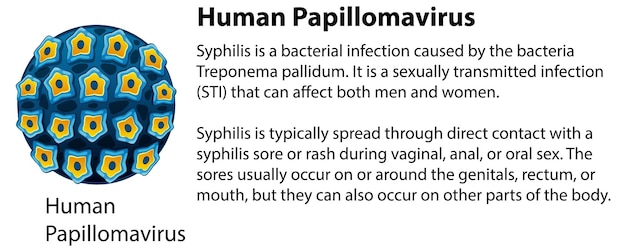Mesothelioma – The Essential Facts You Should Know

Mesothelioma is a rare and aggressive form of cancer.
The main cause of mesothelioma is exposure to asbestos fibers.
Mesothelioma can affect the lining of the lungs, abdomen, or heart.
Symptoms of mesothelioma include chest pain, difficulty breathing, and persistent cough.
Mesothelioma has a long latency period, with symptoms often appearing decades after asbestos exposure.
Early detection of mesothelioma is crucial for a better prognosis.
Mesothelioma is diagnosed through imaging tests, biopsies, and medical history review.
Treatment options for mesothelioma include surgery, chemotherapy, and radiation therapy.
The prognosis for mesothelioma patients varies depending on the stage of the cancer and overall health.
Mesothelioma can be challenging to treat due to its aggressive nature and limited treatment options.
Occupational asbestos exposure is a significant risk factor for developing mesothelioma.
Asbestos was commonly used in construction, shipbuilding, and manufacturing industries, increasing the risk of exposure.
Secondary asbestos exposure can occur when family members of asbestos workers are exposed to fibers brought home on clothing.
Asbestos has been banned in many countries due to its link to mesothelioma and other health conditions.
There is ongoing research and clinical trials aimed at finding more effective treatments for mesothelioma.
Support groups and organizations provide resources and assistance to mesothelioma patients and their families.
Mesothelioma – The Essential Facts You Should Know part 2
Mesothelioma awareness campaigns aim to educate the public about the risks and promote prevention measures.
Asbestos-containing materials should be handled with extreme caution to prevent exposure and potential health hazards.
Mesothelioma affects individuals of all ages, genders, and ethnicities.
Being diagnosed with mesothelioma can cause significant emotional and psychological stress for both patients and their loved ones.
Palliative care plays a crucial role in improving the quality of life for mesothelioma patients, focusing on symptom management and emotional support.
Mesothelioma survivors serve as a source of hope and inspiration for others battling the disease.
Adequate protective measures and regulations are essential to prevent future cases of mesothelioma.
Family history of mesothelioma may increase an individual’s susceptibility to the disease.
Mesothelioma can be misdiagnosed initially, as its symptoms are similar to other respiratory conditions.
Financial compensation and legal options may be available for mesothelioma patients and their families.
Mesothelioma can have a significant impact on a person’s ability to work and their financial stability.
The cost of mesothelioma treatment can be substantial, including medical expenses, travel, and loss of income.
Immune-based therapies and targeted treatments are promising areas of research for mesothelioma treatment.
Mesothelioma patients benefit from a multidisciplinary approach to care, involving various medical specialists.
The global incidence of mesothelioma is on the rise, with developing countries experiencing a higher number of cases.
Mesothelioma can have long-term effects on survivors’ health and well-being, requiring ongoing monitoring and support.
Mesothelioma litigation has played a crucial role in holding asbestos manufacturers accountable for their actions.
The mesothelioma community is resilient and supportive, providing a network of understanding and empathy.
Public awareness about mesothelioma helps reduce the stigma associated with the disease and encourages early detection.
Asbestos fibers can be released into the air during demolition or renovation of older buildings, posing a risk to workers and nearby residents.
Mesothelioma research focuses not only on finding a cure but also on improving treatment options and patient outcomes.
Mesothelioma treatment plans are tailored to each individual’s specific needs, taking into account their overall health and preferences.
Many industries have implemented stricter safety regulations and asbestos abatement programs to protect workers from exposure.
Mesothelioma patients and their families can find support through online communities, where experiences and resources are shared.
Different types of mesothelioma may require different treatment approaches, based on the tumor’s location and characteristics.
Mesothelioma patients often undergo a combination of treatments to increase their chances of successful outcomes.
Mesothelioma research is essential not only for finding better treatments but also for understanding the disease’s progression and underlying mechanisms.
Emerging technologies, such as immunotherapy and gene therapy, show promise in improving mesothelioma treatment.
Mesothelioma patients should advocate for themselves and seek second opinions to ensure they receive the best possible care.

